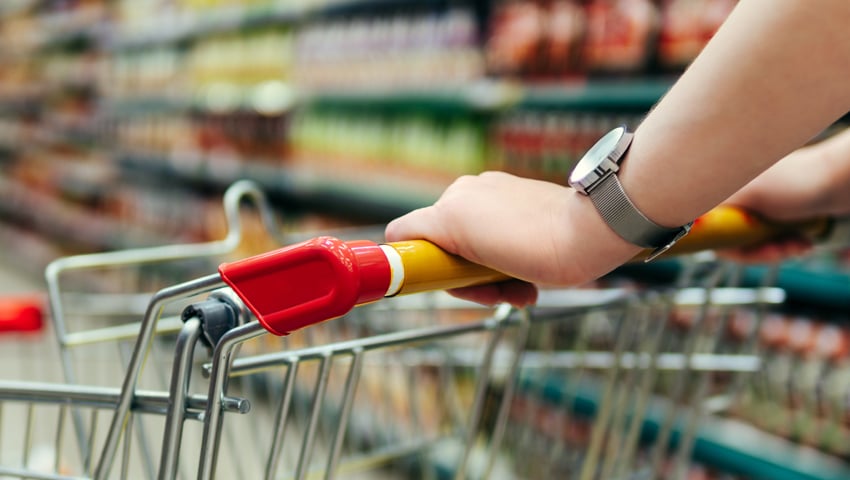A NEW study from experts at The University of Manchester and the University of East Anglia (UEA) has revealed why some ‘eco goods’ may fare better than others as a UK recession looms.
The research has demonstrated that when money gets tight, people are more likely to keep up more expensive ethical purchases like buying fair trade products.
The study is one of the first to look at ethical purchases using actual market data from a major UK supermarket chain.
Lead researcher Dr Jibonayan Raychaudhuri, from UEA’s School of Economics, said, “As a possible UK recession looms closer, we wanted to better understand how people’s spending might change – especially when it comes to purchasing ethical products – like fair trade coffee or ‘dolphin-friendly’ tuna.”
The team studied the impact of the economic recession of 2008 on consumer expenditure of eco-labelled food products.
They used UK supermarket loyalty card data and showed that the recession had widely different effects on the spend share of different types of eco-labelled groceries.
Dr Raychaudhuri said, “We found that the amount shoppers spent on organic products declined but the amount they spent on fair trade products increased over the same period.
“It’s really interesting that the consumption of some eco-labelled goods – namely fair trade products – held up during the recession. It’s surprising, because we expected that consumers would change their spending during an economic downturn, with the sales share of all eco-labelled products falling – as they tend to be more expensive.”
Professor Ada Wossink from The University of Manchester said, “We looked at the effects of the 2008 economic downturn on food products with different eco-labels. Our research used supermarket loyalty card data. The results confirm trade reports from back in 2008 that during the recession, fair trade held up whereas the organic share dropped. Traditional economic theory cannot explain this – we would expect sales to fall across all eco-labelled products because these all tend to be more expensive. We find that recent models which use social psychology can offer useful insights.”
Such findings have implications and not just for supermarkets but also for policy. Any substantial shift towards sustainable consumption requires a real change in consumer behaviour – it is important to better understand what labels that reflect social and environmental issues actually mean to consumers.
